Content warning: this piece mentions sexual assault and child abuse.
Ironically or not, the day before Alice Munro died, I published a story I wrote entitled It’s Okay to Hate Mother’s Day. My teen neared their fifteenth birthday and with the school year close to wrapping up and my own enrolment to pursue an MFA only beginning, the last month or so became a blur.
This week my jaw dropped with the rest of the globe, particularly those of us in Canada, to read Andrea Skinner’s revelations in The Guardian, among other media. The youngest daughter of renowned author Alice Munro, Ms. Skinner publicly accused her former step-father, Gerald Fremlin, of child sexual abuse. Fremlin died in 2013, the year Munro won the Nobel Prize for Literature. At the time, his obituary in the Clinton News Record stated he had a ‘lively curiosity’ and a ‘taste for the absurd’ (if that’s how you want to frame it) and that he would be ‘sorely missed.’
Not by everyone.
This past May, heaps of roses and rosy words were laid (perhaps literally and definitely figuratively) upon the grave of Alice Munro. She was the first Canadian woman to have won the Nobel Prize for Literature. But that’s not what I’m going to remember about her anymore. Every article I’ve ever read about Munro mentions how private she was, that she chose to live a life away from major cities and the limelight.
Well, no bloody wonder. Now perhaps we can guess why her stories tended towards the dark at times, why she long avoided interview requests or media attention. Now we might safely conclude it had nothing to do with the quality of humility sometimes bequeathed to her on the odd occasion when she was written up.
In May, I marked Alice Munro’s passing alongside the planet with a mournful tweet just as June launched the first year of my MFA in Creative Nonfiction with a very intense, in-person, nine-day residency. Published and budding writers spoke of her death and her work as we wandered from panels to lectures to literary events. The residency itself was wonderful and inspiring. Once it wrapped, my teen and I drove nineteen hours (stretched over two days) to Ontario to visit my dear nonagenarian parents and to catch a show by an Irish artist towards research for my book. Then we turned around and drove nineteen hours back again to Nova Scotia.
I kept meaning to peek into Substack. At least I spent all of June writing in the form of various assignments before and during my MFA residency. By month’s end, though, I was physically and mentally zombified. Zero excess energy for even one more word.
Today I felt compelled to write. I hold a lot of feelings about what unfolded this week and, as I’m a documentary photographer, I’ll express some of them visually.
I want to acknowledge how long I’ve read and admired the writing of Alice Munro. At least for the past 35 years or more. I know how beloved she is or has been, especially where I live north of the American border. But I am not now nor have ever been one of those who can separate the art from the artist. When it comes to revelations of this nature, I instead inhabit Jane Austen’s Mr. Darcy:
My good opinion once lost is lost forever.
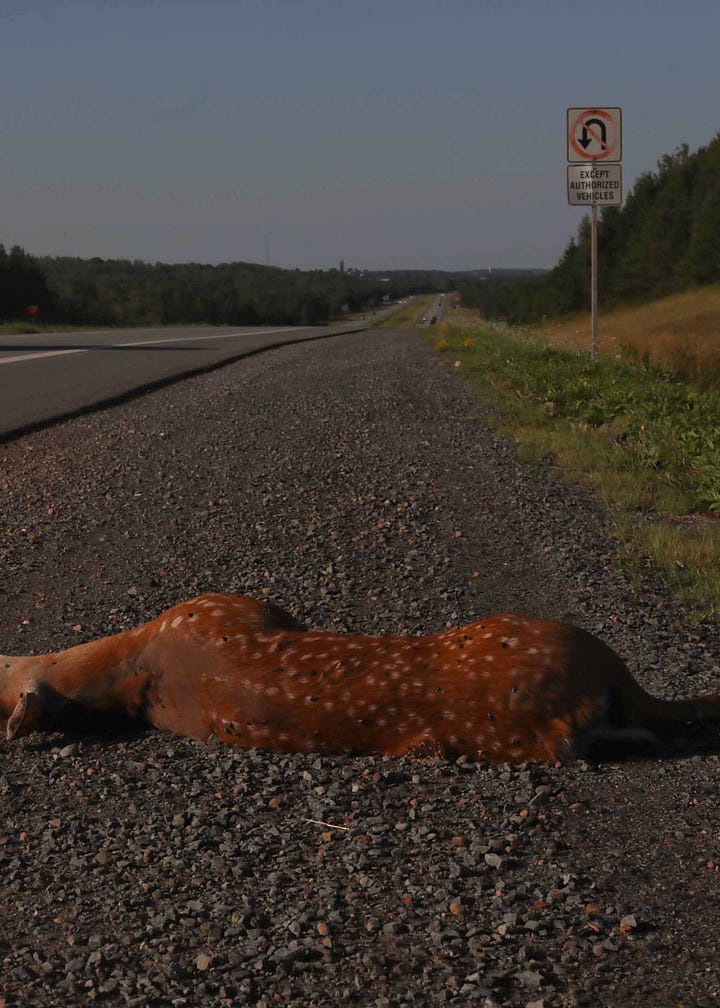
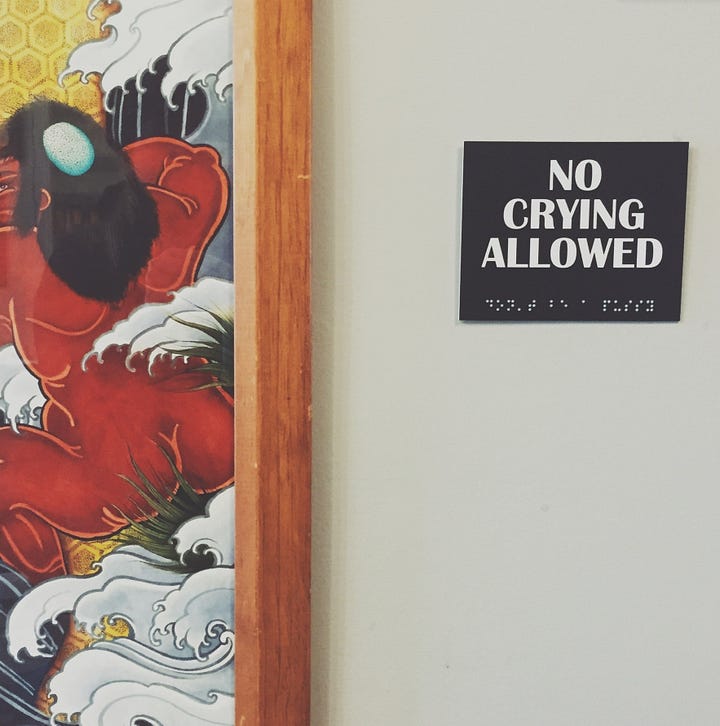
My heart is with Ms. Skinner today and from this moment. I believe her. I stand with her. I am a survivor of violent, sexual assault. I’ve survived more than one assault. In truth, I think every woman I’ve ever met or known has endured and survived at least one instance of sexual harassment or assault. These experiences have tragically become part and parcel of the lives of girls and women (and I’ll include boys, too. Children and adults of every gender are survivors of violent men.) Far too many of us are survivors. And certain women—we all know them—defend and protect violent men. In such cases, the perpetrator wins. In every way. He remains protected.
But the fact I am a survivor is not why I stand by Andrea Skinner without hesitation. Anyone with an ounce of compassion or empathy can do that. It seems Alice Munro’s compassion or empathy only extended to strangers or characters within her fiction.
Ms. Skinner’s account of her famous mother’s reaction is a devastating read. Stomach-turning. Vomit-inducing. Equally as devastating is the fact we know the dismissal of victims and their reports and consequential silencing within families occurs every day.
In Canada, only 1-2% of reported sexual assaults are regarded as unfounded. Considering the number of cases of sexual assault that are never reported, it’s safe to say false accusations remain rare. In the case of Fremlin, he admitted his crimes in the form of the self-deluding lies he told himself by blaming Ms. Skinner for initiating these encounters when she was a child. He was convicted and jailed for a brief period.
In the wake of my own attempt to report the violent assault I suffered by an absolute stranger the day I met him, people I knew for years—people I had thought friends—sat on fences, gossiped, wondered if I was having an episode, took different sides. A handful I once considered close friends betrayed me outright. Claimed I lied for attention. Not only failed to stand by me, but actively sought to thwart my personal pursuit for justice against a sexual predator whom the police discovered had been previously accused of rape. A report that, like my own, went nowhere.
So I report it again: while living in Toronto in May 1997, I was sexually assaulted by a self-proclaimed ‘method actor’ named Kenneth McGregor. I name him aloud. I do not forgive him. I feel zero need to do so. I’ve read that forgiveness is earned and I agree. I cannot imagine what Ms. Skinner had to suffer. My predator was a complete stranger to me before that day and ever since. I didn’t have to live with him. I didn’t have to try to grow up under the same roof and survive each day avoiding him. I wasn’t nine years old. And two decades later, the PTSD of what he did to me that day haunts me still. At times, still triggers me. The daily nightmares stopped long ago. But tendrils stick to my hippocampus like glue. Ghosts that continue to gut me on my bad days.
And I only met him once. In adulthood.
Consider the devastating and destructive legacies of residential schools upon Indigenous Peoples and to their homelands and the enslavement of Black people stolen and forced across the ocean far from their homelands. How deeply the harms of these colonial abuses, these crimes against humanity, these genocides are embedded within the very soil of Turtle Island where white supremacy was baked into the foundations of colonial constructs called “Canada” and “America.” No wonder that kind of annihilating, soul-destroying trauma becomes intergenerational.
Like its own kind of grievous societal uranium. A shelf-life of 30,000 years.
What happened to Ms. Skinner. The repeated abuse. The reaction. The dismissal. Followed by long, devastating decades upon decades of smothering silence. Harrowing. Indefensible.
How brave to speak out. To pry yourself free of the stranglehold of silence must be like that first step outside of a prison gate after years of incarceration for a crime you didn’t commit.
The words of Czeslaw Milosz erupt:
In a room where people unanimously maintain a conspiracy of silence, one word of truth sounds like a pistol shot.
I don’t advocate guns at all. But Milosz’s words are potent and appropriate here. Kill that stifling, suffocating silence dead. And live again. Live in truth. Truly live.
I wish that for Ms. Skinner and for every survivor today, including myself. We are told silence is golden. But for so many, silence is deadly. It gnaws away at our lives. Secrets that protect predators, that hide harm, that pile additional suffering upon those targeted, are a poisonous cancer that can kill those bullied into keeping them.
This week, Canadian journalist Marsha Lederman wrote, “Alice Munro betrayed us, and her legacy.”
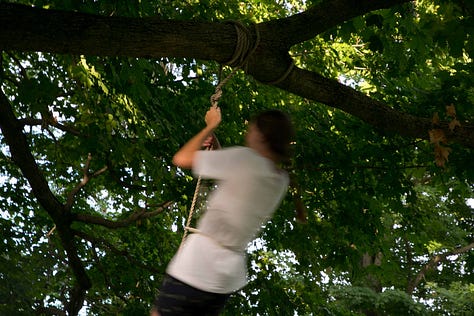

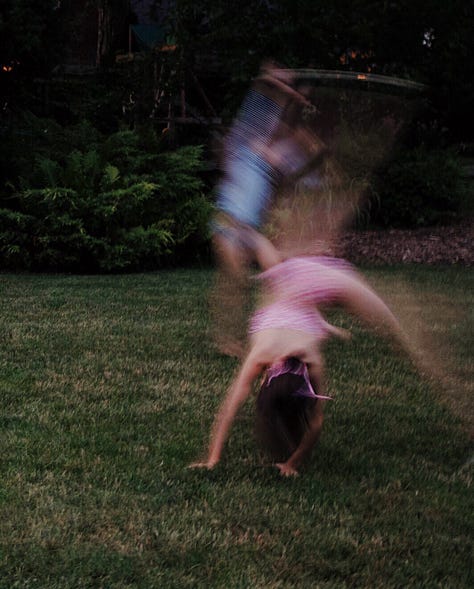
More importantly, and to her unforgivable shame, Alice Munro betrayed her own child. That is now her legacy. For his part, Fremlin was guilty. So was Alice Munro. Ms. Skinner’s father, James Munro, was guilty. Each of them remain guilty and complicit in prioritizing silence over Ms. Skinner’s health and safety. Secret-enforcers are complicit, but not the victims at the centre of why such secrets are kept. They remain the only humans without fault. It’s not their fault. It never was.
Since Dylan Farrow publicly announced her own accusations against her father, Woody Allen, I haven’t been able to stomach watching any of his films. I cannot abide to witness the smarmy grin of Kevin Spacey splashing across my screen. And I have zero interest to revisit the words and work of Alice Munro to determine whether she confessed or felt shame or regret.
Whatever Munro hid or hinted in her writing about what she knew had unfolded during all the years she wrote, it’s her actions off the page that matter more. Certainly they mattered most to the daughter she so egregiously failed.
Among so many other lives globally and here on stolen and unceded lands, everywhere I look lately the lives and rights of girls and women are under attack. In America, since Roe v. Wade was overturned in 2022, at least 21 states have banned abortion outright or set restrictions to access it at such an early stage, the restrictions act as a ban. Also to the south of me, a man found liable in court for rape is currently running as the Republican presidential candidate.
It is heartening to see Munro’s Books, writers, publishers, and humans in general, come forward to publicly support Ms. Skinner this week. The fact her siblings rally to her side makes me weep in ways no one can fathom. She deserves to let go of whatever hurt she can now. She’s always deserved that.
Every survivor deserves that. Whatever the naysayers, the misogynists, the patriarchy, the apologists, and the courts, judicial or of public opinion, say.
Peace and strength fly to Andrea Skinner’s heart now that she’s gathered the courage to attempt to release some of the trauma she has endured by speaking out and speaking aloud. I applaud her unfathomable courage and wish her all the best as she moves forward out of this darkness to step into the light.

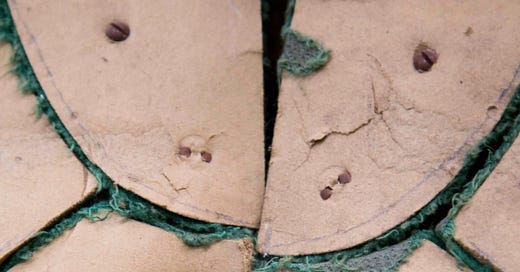




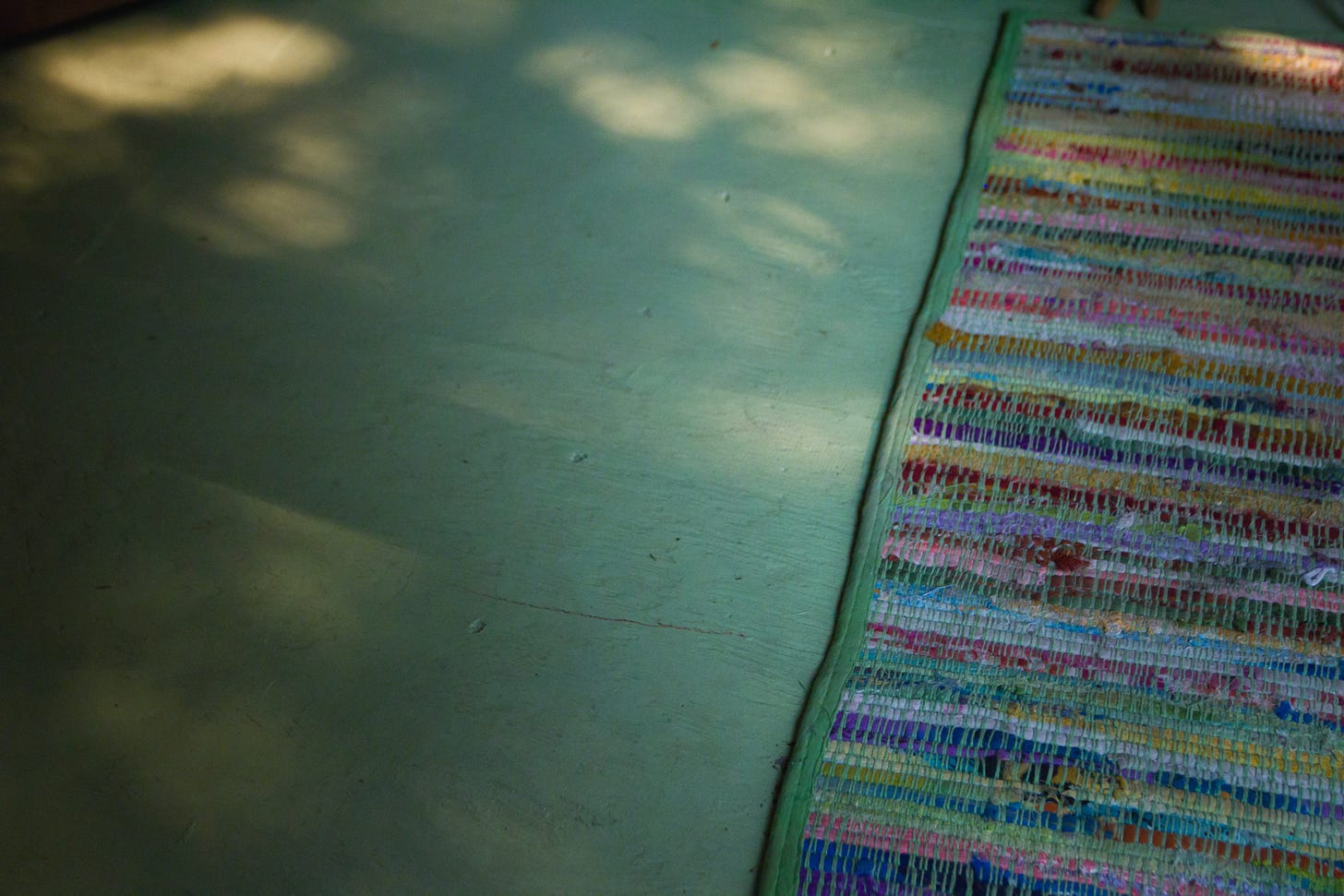
Such important words, Nancy. I admire this piece so much and the thoughtful, skilful way you've argued for the voices of victims. Sending love and strength to you.x
This is beautiful and powerful Nancy and comes straight from the heart, and is such an important perspective. Thank you for writing it. You have also reminded me of the victim's perspective, which easily gets lost in the soup of opinions.